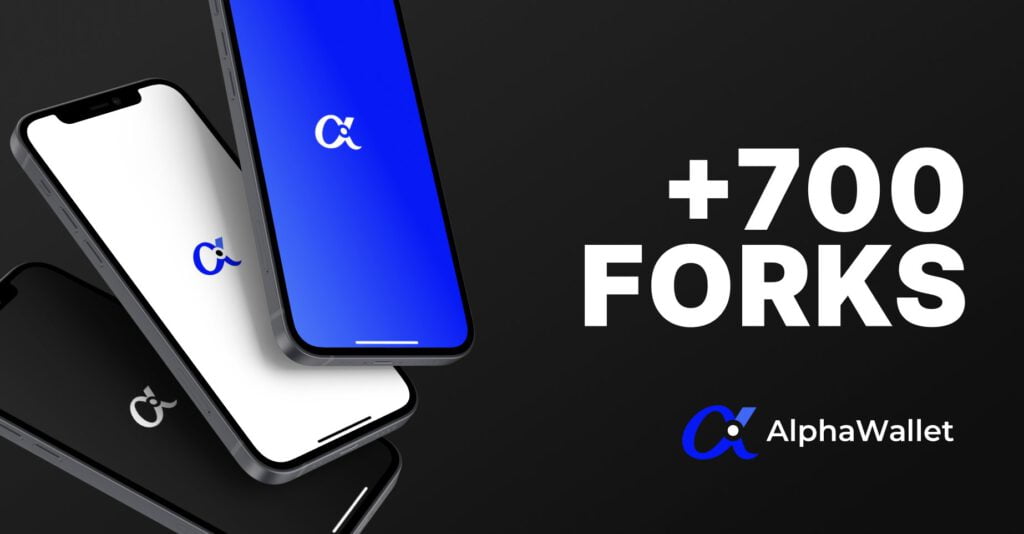In recent years, the world of digital collectibles has exploded in popularity, and one of the key components of this phenomenon is the rise of NFTs. These unique digital assets have taken the art, gaming, and entertainment industries by storm, providing creators, collectors, and innovators with a new way to buy, sell, and trade digital goods. However, to fully participate in the NFT ecosystem, you need a secure and reliable NFT wallet. In this article, we will explore some of the top NFT wallets available today, highlighting their features, security measures, and user-friendliness.
1. MetaMask
MetaMask is perhaps the most well-known and widely used NFT wallet in the market. It is a browser extension wallet that allows users to interact with blockchain-based applications, including NFT marketplaces. MetaMask supports multiple blockchains, including Ethereum and Binance Smart Chain, making it versatile for users who engage in NFT trading on different platforms. The wallet offers a user-friendly interface, making it easy to manage NFTs, view transaction history, and connect with various decentralized applications (dApps).
With MetaMask, users have complete control over their private keys, ensuring that their NFTs and other digital assets are stored securely. The wallet also integrates with hardware wallets like Ledger and Trezor, providing an extra layer of security. Additionally, MetaMask has a mobile app version for iOS and Android devices, allowing users to access their NFTs on the go.
2. Enjin Wallet
Enjin Wallet is specifically designed for NFT enthusiasts and gamers. It supports various blockchain standards, including Ethereum, and allows users to store, manage, and trade their NFTs. Enjin Wallet also provides integration with the Enjin Marketplace, where users can discover and purchase NFTs from a wide range of creators.
One of the unique features of Enjin Wallet is its integration with gaming platforms, allowing users to interact with NFTs in their favourite games. The wallet also supports the creation of NFTs using the Enjin Minting Platform, empowering users to become creators themselves. Security-wise, Enjin Wallet employs advanced encryption techniques and offers hardware wallet integration for enhanced protection.
3. Phantom
Phantom is a multichain wallet recognized for its support of Solana, Ethereum, and Polygon blockchains. As a self-custodial wallet, it offers users complete control over their private keys and crypto assets, contributing to its security as a storage and management solution for digital assets. Among its key features, Phantom integrates with major NFT marketplaces like OpenSea, Magic Eden, and LooksRare. This integration facilitates easy browsing, buying, and selling of NFTs. Additionally, Phantom is equipped with various tools for NFT management, allowing users to pin, hide, burn, and list their NFTs directly from the wallet.
The benefits of using Phantom NFT Wallet are multifaceted. Its self-custodial nature enhances the security of crypto assets, ensuring users maintain full control over their private keys. The wallet’s user-friendly design makes it accessible and easy to navigate for both beginners and experienced users. The versatility of Phantom is evident in its support for multiple major blockchains and its array of tools for managing crypto assets.
4. Math Wallet
Math Wallet stands out in the digital wallet space with its focus on non-fungible tokens (NFTs) and support for over 100 blockchains, including Ethereum, Bitcoin, Polkadot, and Solana. Available both as a mobile app for Android and iOS devices and as a browser extension, it offers users extensive accessibility.
Among its key features, Math Wallet enables interaction with popular NFT marketplaces and decentralized applications (dApps), allowing for straightforward browsing, buying, selling, and trading of NFTs. Additionally, the wallet provides tools for NFT management, including viewing, transferring, and storing options. It also facilitates cross-chain token swaps and supports staking and DeFi applications, making it a comprehensive tool for managing crypto assets.
5. Trust Wallet
Trust Wallet, a mobile cryptocurrency wallet owned by Binance, is a prime example of the advancements in digital asset management. As a non-custodial wallet, it emphasizes user autonomy, allowing individuals full control over their crypto assets without relying on third-party services. With support for over 70 blockchains and access to more than 4.5 million crypto assets, Trust Wallet stands as a robust platform for both seasoned traders and newcomers to the world of cryptocurrency.
The wallet’s interface is designed with simplicity and user-friendliness in mind, making it accessible and easy to navigate, particularly for those new to cryptocurrency. Beyond traditional cryptocurrencies, Trust Wallet also extends its capabilities to support NFTs, allowing users to manage and store Ethereum and BNB Chain NFTs, and even trade them on platforms like OpenSea. This approach positions Trust Wallet as a versatile and secure choice for a broad spectrum of crypto enthusiasts.

6. Alpha Wallet
AlphaWallet offers a platform for managing NFTs, with access to Ethereum Network-based NFTs and non-custodial asset management. It utilizes Secure Enclave technology for security on mobile devices. Features include a DApp browser that facilitates various NFT-related functions, including minting, participating in auctions, and transferring or selling NFTs.
Being an open-source project, AlphaWallet’s code is openly published, allowing anyone to examine it. This level of openness contributes to the wallet’s security by preventing undisclosed vulnerabilities. It also encourages community-driven development, letting developers contribute to its ongoing improvement.
Conclusion
As the NFT market continues to grow, having a reliable and secure NFT wallet is essential for collectors and traders. The top NFT wallets mentioned in this article offer a diverse range of features and security measures to meet the needs of different users. Whether you are a seasoned NFT enthusiast or just getting started, these wallets provide a solid foundation for navigating the exciting world of digital collectibles.
Most NFT wallets are free to download and use. However, some wallets may charge transaction fees or offer premium features that require a subscription or payment.
Some NFT wallets integrate with decentralized exchanges (DEXs) or NFT marketplaces, allowing users to sell their NFTs directly from the wallet. However, not all wallets offer this functionality. It is advisable to check the wallet’s features and supported marketplaces before attempting to sell NFTs directly from the wallet.
Yes, you can use multiple NFT wallets to manage your digital collectibles. However, it is important to ensure that you securely store and backup your private keys for each wallet to avoid any potential loss of assets.
When choosing an NFT wallet, look for features such as private key control, encryption, and hardware wallet integration. Additionally, research the wallet’s reputation and user reviews to ensure its security track record.
An NFT wallet is a digital wallet specifically designed to store and manage non-fungible tokens (NFTs). It provides users with a secure and convenient way to store their unique digital assets and interact with NFT marketplaces and decentralized applications (dApps).
Author
-

NFT connoisseur with a profound appreciation for digital creativity and its marketplace dynamics.




